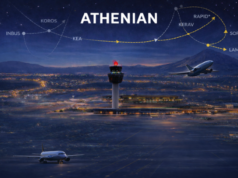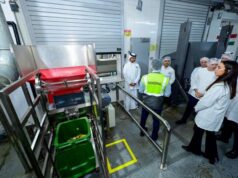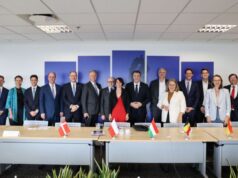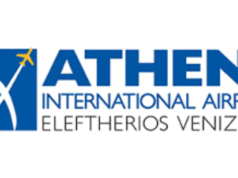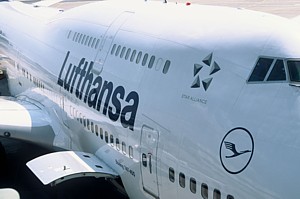 Lufthansa is no longer pursuing any takeovers in Europe. “The pressure to buy something is extremely low,” new CEO Christoph Franz said at the airline’s annual news conference in Frankfurt.
Lufthansa is no longer pursuing any takeovers in Europe. “The pressure to buy something is extremely low,” new CEO Christoph Franz said at the airline’s annual news conference in Frankfurt.
Franz took over the top job at Lufthansa in January, following Wolfgang Mayrhuber. His statement indicates a new phase in the group’s development. Mayrhuber acquired Swiss, BMI and Austrian as well as large shareholdings in Brussels Airlines and JetBlue. But Franz now argues that competition authorities are demanding ever more significant concessions, making consolidation less attractive. “Our main focus is on organic growth,” Franz said.
That message will be noticed at Lufthansa’s Star Alliance partners SAS and LOT Polish Airlines, which have been on the market for some time. Lufthansa has been tipped as the most obvious buyer, but that no longer seems to be the case.
Lufthansa emerged well and quickly from the global economic crisis. It achieved a €876 million ($1.23 billion) operating profit and a €1.1 billion net profit (supported by an extraordinary tax effect). Sales rose by 22.6% to €27 billion. That’s due to the first-time consolidation of BMI and Austrian. But even on a comparable basis, revenues would have been up by more than 14%. That growth was mainly due to the strong recovery of the group’s various airlines.
The airline division—made up mainly of Lufthansa, Austrian, Swiss, BMI and Germanwings—achieved a €436 million combined operating profit. But of the five carriers, only two (Lufthansa and Swiss) were profitable. Austrian recorded a €66 million loss, BMI lost €145 million and low-fare unit Germanwings was down €39 million. While Austrian is expected to return to profitability in 2011, Germanwings will most likely remain in the red this year. And in the case of BMI, Lufthansa appears to be shifting the turnaround target to the right: 2012 is now seen as a major challenge when it comes to making a profit.
But even Lufthansa is struggling in its European network. “I cannot imagine anybody who is currently able to make money in European air traffic,” Franz says. In his view, that is due to intense competition, but also the increasing tax burden that cannot be passed on to consumers. For Lufthansa, that makes the turnaround of the direct services unit (flights not linked to the Munich and Frankfurt hubs) even more difficult. Franz says unit costs have come down by 14% already, but much more is needed. And if it becomes apparent that current measures are not sufficient, he is calling for “new ideas.” That could include Germanwings taking over more mainline flying. The carrier’s unit costs are little more than half of Lufthansa’s.
Source: AviationWeek



